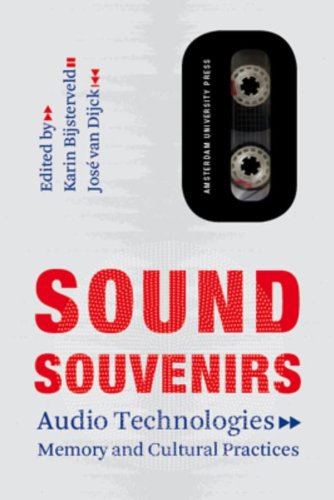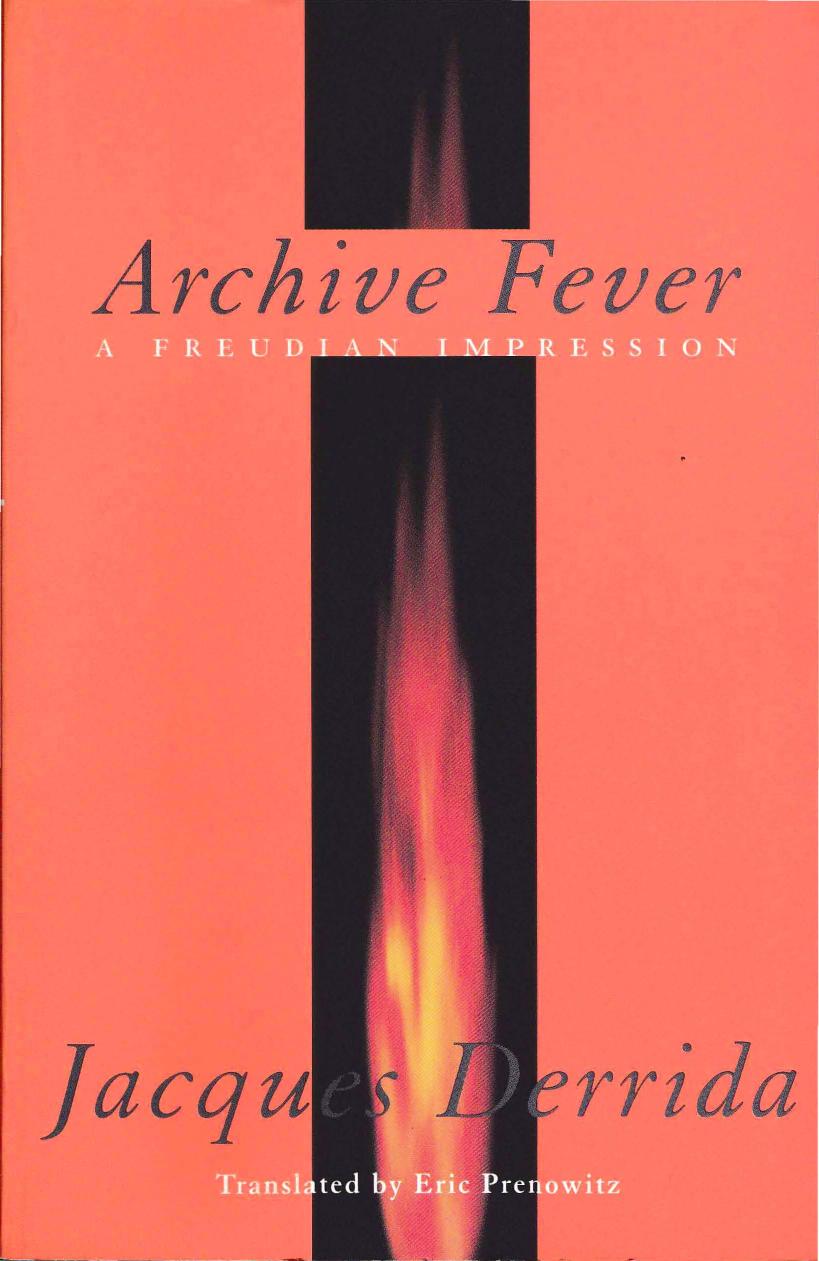Nicholas Gane, David Beer: New Media: The Key Concepts (2008)
Filed under book | Tags: · archive, interactivity, interface, media theory, networks, new media, simulation

Digital media are rapidly changing the world in which we live. Global communications, mobile interfaces and Internet cultures are re-configuring our everyday lives and experiences.
To understand these changes, a new theoretical imagination is needed, one that is informed by a conceptual vocabulary that is able to cope with the daunting complexity of the world today. This book draws on writings by leading social and cultural theorists to assemble this vocabulary.
It addresses six key concepts that are pivotal for understanding the impact of new media on contemporary society and culture: information, network, interface, interactivity, archive and simulation. Each concept is considered through a range of concrete examples to illustrate how they might be developed and used as research tools. An inter-disciplinary approach is taken that spans a number of fields, including sociology, cultural studies, media studies and computer science.
Publisher Berg, 2008
ISBN 1845201337, 9781845201333
149 pages
PDF (updated on 2012-9-3)
Comment (0)Karin Bijsterveld, José van Dijck (eds.): Sound Souvenirs: Audio Technologies, Memory and Cultural Practices (2009)
Filed under book | Tags: · archive, memory, sound recording, technology

“In recent decades, the importance of sound for remembering the past and for creating a sense of belonging has been increasingly acknowledged. We keep “sound souvenirs” such as cassette tapes and long play albums in our attics because we want to be able to recreate the music and everyday sounds we once cherished. Artists and ordinary listeners deploy the newest digital audio technologies to recycle past sounds into present tunes. Sound and memory are inextricably intertwined, not just through the commercially exploited nostalgia on oldies radio stations, but through the exchange of valued songs by means of pristine recordings and cultural practices such as collecting, archiving and listing. This book explores several types of cultural practices involving the remembrance and restoration of past sounds. At the same time, it theorizes the cultural meaning of collecting, recycling, reciting, and remembering sound and music.”
Publisher Amsterdam University Press, Amsterdam, 2009
Transformations in Art and Culture series
Creative Commons BY-NC 3.0 License
ISBN 9089641327, 9789089641328
218 pages
PDF, PDF (updated on 2016-7-18)
Comment (0)Jacques Derrida: Archive Fever: A Freudian Impression (1996)
Filed under book | Tags: · archive, philosophy, psychoanalysis, technology, time

“In Archive Fever, Jacques Derrida deftly guides us through an extended meditation on remembrance, religion, time, and technology—fruitfully occasioned by a deconstructive analysis of the notion of archiving. Intrigued by the evocative relationship between technologies of inscription and psychic processes, Derrida offers for the first time a major statement on the pervasive impact of electronic media, particularly e-mail, which threaten to transform the entire public and private space of humanity. Plying this rich material with characteristic virtuosity, Derrida constructs a synergistic reading of archives and archiving, both provocative and compelling.”
Translated by Eric Prenowitz
Publisher University of Chicago Press, 1996
ISBN 0226143368, 9780226143361
113 pages
PDF (updated on 2021-11-11)
PDF (article, published in Diacritics, 25:2, Summer, 1995, pp 9-63, added on 2012-9-3)

